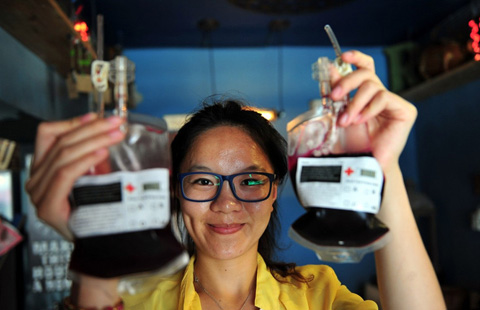Unleashing the power of innovation
By ANDREW MOODY (China Daily) Updated: 2014-07-07 07:47"The lack of angel investors compared to what we see elsewhere is a problem. I think also there is less scope for failure in China.
"If you think of Silicon Valley, it is almost a badge of pride about how many companies you have been involved with that have bombed. I don't get a sense there is a lot of room for that in China," she says.
|
 |
 |
McKern at the Hoover Institution says it has been a major issue for foreign multinationals in China.
"They have always been looking for ways to prevent leakage. The big change here, however, is that Chinese companies who have developed their own technology are clamoring for protection and putting pressure on the government," he says.
Klaas Vegter, who heads electronics company Royal Philips NV's R&D in China, says there can be too much focus on IP protection and research in China.
"In my personal view, IPR is overstated. In many markets, the product lifecycle right now is so rapid the idea you can protect IPR is almost ridiculous. The average patent lifecycle is 17 years, and for the product just one to two years."
Vegter says a distinction now has to be made between core DNA technology and the products that appear on the shelves in shops.
"We have made a distinction between innovations that are secret processes and products which are assembled, even if there happens to be 10 years of research behind them," he says.
"If you assemble anything and bring it to market, three months later it is copied."
Regardless of the IP issue, there can be no doubting the government support to R&D in China.
There is increased investment in the research bases of the universities and there are more than 100 science and technology parks across the country.
- Chinese premier confident in economic growth
- Merkel's visit to boost China relations
- China, Germany in helicopter, car plant deals
- China Q2 GDP seen steady at 7.4%, recovery in sight
- Shandong to issue 13.7m yuan of municipal bonds
- China's inflation growth forecast to drop
- China signs deal to purchase 100 Airbus helicopters
- 'True blood' thrill for 60 yuan

















